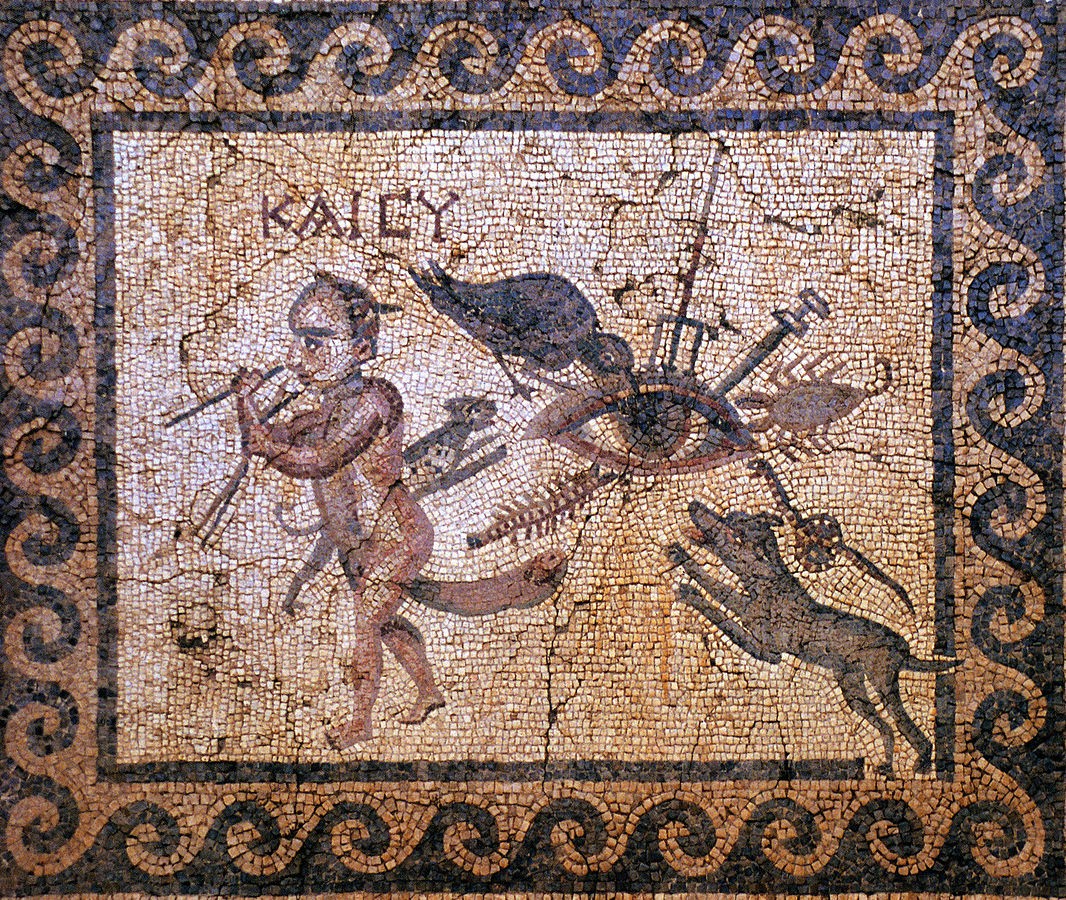Hi Suanj,
Would you please tell me if I am interpreting this correctly:
1871 Villalba, Caltanissetta, Sicily
Name of groom, age, occupation peasant, then it reads: nato, domiciliato e residente in Villalba.
nato = born in
domiciliato = domicile or living in (OR citizen of ? - my guess)
residente = resident of
This record was made just after the unification of Italy. The area was rural and remote, and I assume change didn't always occur quickly. I think when domiciliato is used this way it is to indicate the person was a citizen of that comune. I observe as the records become more recent this term together with residente is no longer used. Is this a correct interpretation?
Thanks,
Debbie
1871 marriage bann and marriage record
Re: 1871 marriage bann and marriage record
Hi Debbie, In Italy the language are many shadings....VaDeb wrote:Hi Suanj,
Would you please tell me if I am interpreting this correctly:
1871 Villalba, Caltanissetta, Sicily
Name of groom, age, occupation peasant, then it reads: nato, domiciliato e residente in Villalba.
nato = born in
domiciliato = domicile or living in (OR citizen of ? - my guess)
residente = resident of
This record was made just after the unification of Italy. The area was rural and remote, and I assume change didn't always occur quickly. I think when domiciliato is used this way it is to indicate the person was a citizen of that comune. I observe as the records become more recent this term together with residente is no longer used. Is this a correct interpretation?
Thanks,
Debbie
- "domiciliato" (from DOMICILIO word) means Common in which an person lives in a period of limited time.
-The DOMICILIO's Common is nearly always identical to RESIDENCE's Common, but to times, the DOMICILIO can be various from the RESIDENCE.
-The Common of RESIDENCE is that where normally and stablily inhabits an person and near which are all documents of person.
-The Common of DOMICILIO is that where a person, even if resident in an other Common, live (therefore mean domiciled) for a limited period, for reason of job or other.
As for example: an workmen, is resident with the family in an Common where all documents are, but is domiciled in other Common where it works for some month..
This is the difference, but normally Common of RESIDENCE( Comune di residenza>residente) and Common of Domicilie( Comune di Domicilio>domiciliato) is the same thing.....
-In fact for your question is same Common, and your ancestor was birth, resident and domicilied only in Villalba's Common...
-More, an person domicilied (domiciliato) not is citizen of when Common, but only host inhabitant, it is citizen of Residence's Common..but if "domiciliato e=and residente", it is also citizen...
-More:" I observe as the records become more recent this term together with residente is no longer used". Debbie, this interpretation not is correct, why "domiciliato"and "residente" are 2 words used : in periods of time, in that common where the persons move themselves for job age them or of 1/2 years in the near or far zones.
When "domiciliato" word she does not appear more on documents, means that the population generally does not move more for job, therefore is a people's stability data..hoping in good english
regards, suanj



